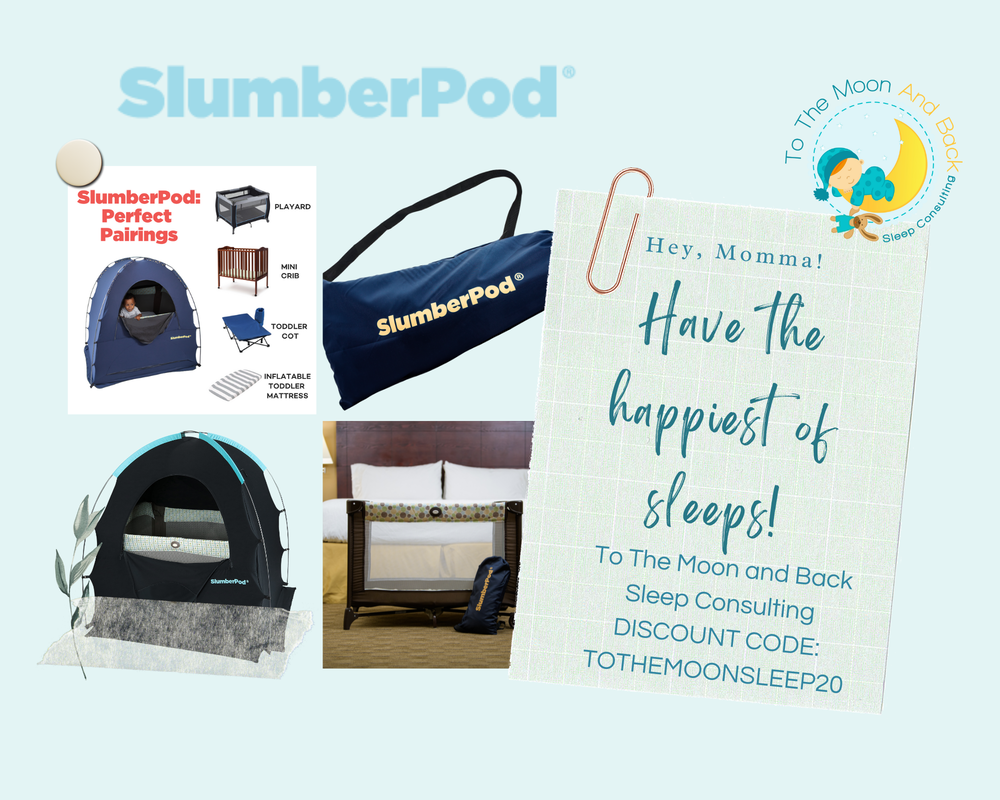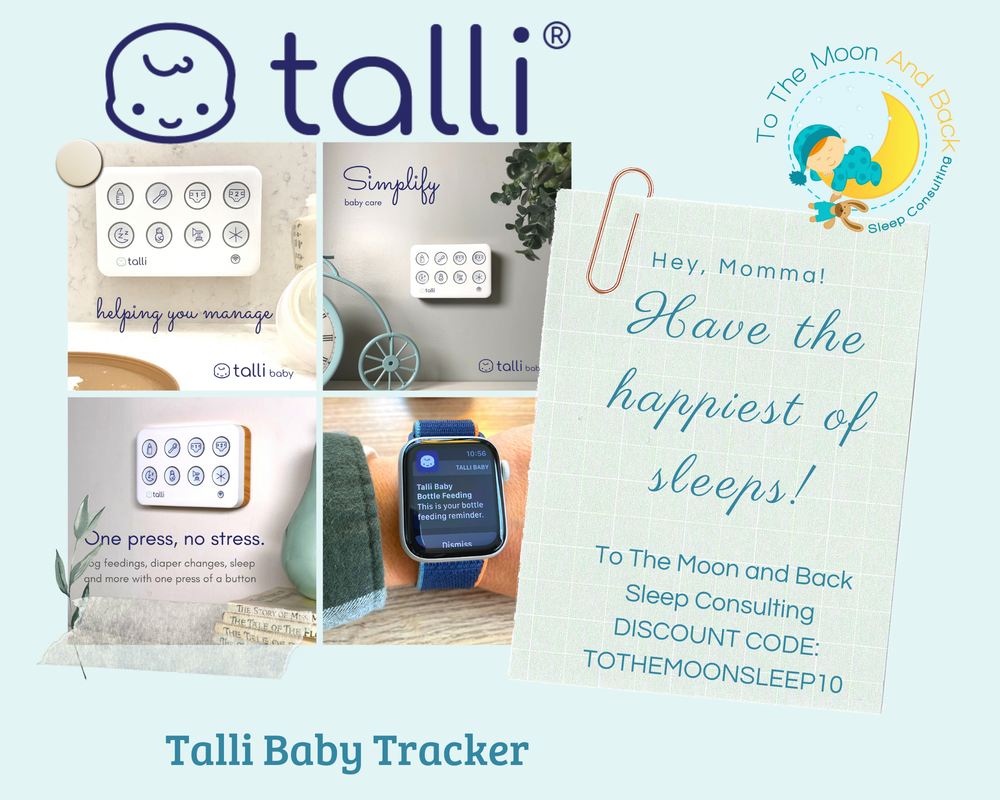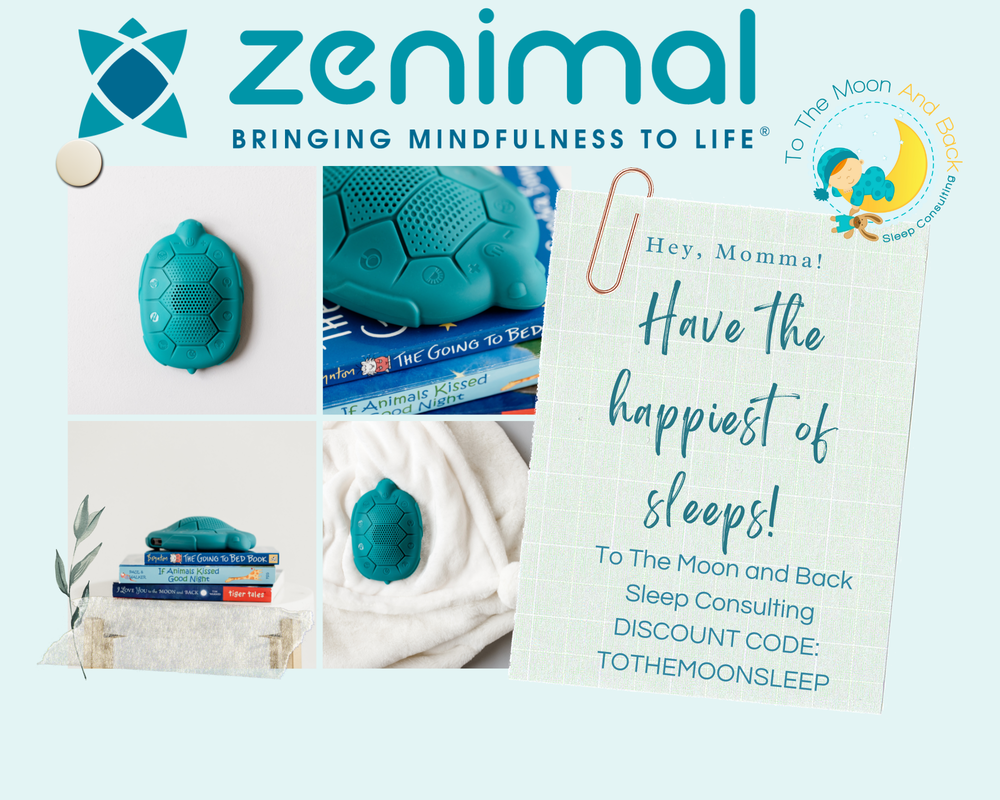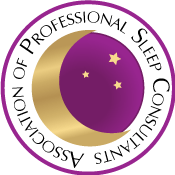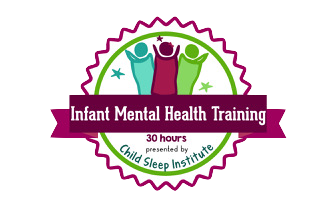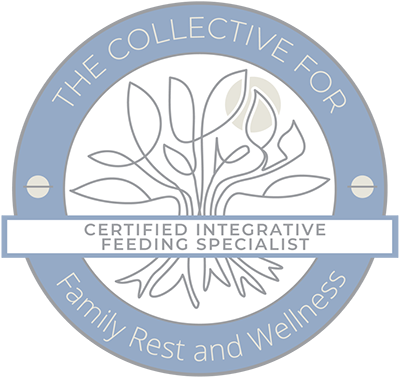|
Quick, without looking it up, what’s the opposite of “nocturnal?” We all know what nocturnal means, right? Animals that sleep in the day and do most of their activities at night, bats, owls, and raccoons being some familiar examples. It always surprises me that we’re not nearly as familiar with the term diurnal (that’s the answer, in case you didn’t know.) since, as humans, that’s what we are.
Our eyes don’t adapt to the dark all that well, we don’t have the echolocation skills of the bat, and we rely on the sun for our vitamin D. Since evolution is a painfully slow process, that’s the way it’s going to be for another couple million years, at least. But there are some really sweet benefits that come with being daytime creatures, and one of my favourites is a little thing called the circadian rhythm. The circadian rhythm, as you may already know, is the internal clock in the human body that prompts us to wake up in the morning and go to sleep at night, and much like a clock, it has a LOT of moving parts, only instead of gears and springs, it’s made up of stimuli and hormones. Two of these hormones are going to play the starring roles in our story, and those are melatonin and cortisol. If you’ve got a baby having a hard time sleeping, you have undoubtedly heard a lot about both of these guys. Melatonin is produced in the pineal gland of the brain, and its role is to help the body relax, both mentally and physically, and help us get to sleep and stay asleep. So when your baby gets an 11-12 hour stretch of glorious sleep, you can thank their pineal gland for firing up those melatonin pumps. But you can also thank the daylight because exposure to the sun stimulates melatonin production. Production, mind you. Not secretion. We’ll talk about that in a second, but the buildup of the hormone itself is stimulated by exposure to sunlight. So it’s not just an old wives tale. Getting your baby outside during the day really does help them sleep better at night! Once nighttime rolls around, the sun goes down, and our eyes stop taking in light, the brain responds by releasing those stores of melatonin that it built up during the day. That signals our muscles to relax, tells the brain to ease back on the thinking, and allows us to drift peacefully off to sleep, hopefully for a long, restful night. Come morning, the blue light from the sun starts to permeate the thin skin of our closed eyelids, signalling the brain that it’s time to get back into gear. After all, we’ve got hunting and gathering to do! So now our brain will help us get out of bed, shake off those cobwebs, and get on with our tasks for the day, and it will do that, in part, by telling our adrenal glands to pump out some cortisol. Now, cortisol gets a bad rap, in my opinion, because people associate it with stress. This is especially true if you have a baby at home because crying, stress, and cortisol all get packaged together in many modern conversations. “Baby’s crying? That’s because their cortisol levels are elevated, and it’s causing them stress. Or maybe it’s the other way around. They’re stressed, and that makes them cry, and that spikes their cortisol levels. Some combination of stress, cortisol, and crying. That’s your baby’s issue.” The truth is cortisol is a very beneficial hormone. It regulates metabolism, blood pressure, blood sugar, suppresses inflammation, and regulates the body’s stress response. It’s not some toxic stimulant that causes us to freak out. It has many benefits: it perks us up and keeps us alert during the day. This whole intricate dance between light and dark, cortisol and melatonin, awake and asleep, evolved over an incredibly long time, and it worked like magic up until, relatively speaking, very recently, when we discovered that we could pass an electric current along a filament and “artificially” illuminate our surroundings. Before that, we relied exclusively on fire, which emits very little blue light.
Depending on their hue, light bulbs emit quite a bit of it. And TVs, LEDs, computer monitors, iPads, smartphones, and all of those other screens that surround us today, absolutely flood our eyes with it. Unfortunately, all of that blue light coming at us in hours when we would normally be enveloped in darkness signals the brain that it’s still daytime and inhibits the release of melatonin, making it harder to get to sleep. Since we can’t reasonably get rid of all of the sources of blue light around us, the best thing to do for our little ones’ sleep is to turn off those really intense sources, like TVs and smartphones, a couple of hours before they go to bed, and make sure their sleeping area is as dark as we can get it. I’m talking real dark. Like, can’t see your hand in front of your face, kind of dark. Some blackout blinds can be a game changer, especially if you live somewhere where the days get exceptionally long in the summer. So that’s the story of the circadian rhythm and its daily heroic effort to keep us running at peak performance. It really is a fascinating little piece of our physiology, and with just a little support from our side, it can work wonders in getting us out of bed with energy and enthusiasm and helping us feel relaxed and peaceful when it’s time to sleep. Work with it instead of resisting it, and I guarantee you’ll start seeing and feeling the results immediately. I have always been fascinated with home remedies.
Try rubbing aspiring on a bee sting! Quiet a colicky baby by running the vacuum cleaner! Swallow a teaspoon of sugar to cure your hiccups! I’m sure this fascination came from having an amazing grandmother who always recommended such things and being somewhat of a sickly kid myself. LOL! However, I know I am not alone in the quest for "natural remedies" after all there are a ton of books on the subject still available on Amazon today. One of the big selling points of cures like these is that they’re “natural.” Many people feel like their doctors are too quick to prescribe medications and feel like it's because of big Pharma kickbacks. People don't always want to a lab- designed chemical to solve the problem. They like the idea of using something readily available in nature. You know. Like penicillin. I should stipulate here that I’m not anti-pharmaceutical, nor am I anti-homeopathy. I feel that health decisions are something that should be carefully considered by the individual with the advice of their doctor. If probiotics improve your gut health, I say go for it. If you need serious medication to for a heart condition, then you should probably take that as well. However, anything you’re going to put in your body, and every bit as necessary, your child's body, should be evaluated for its efficacy and possible side effects, which is why I want to talk about melatonin again. A lot of homeopathic experts has touted melatonin as a safe, natural way of helping people get to sleep, and in many ways, that very is true, but there's a whole lot more to understand about it before you take it yourself or give it to your child. |
To The Moon and Back Sleep ConsultingProviding families the tools & support they need to get their little ones sleeping through the night and napping like champs! Everyone has more fun when they are well rested! Visit Wollino - Discount Code: TOTHEMOONANDBACK10
Browse
All
|
All information provided on this website, including texts, images, and other materials, are for informational purposes only and should not be considered a replacement for assessment or treatment by a healthcare provider.
© COPYRIGHT 2016-2024 TO THE MOON AND BACK SLEEP CONSULTING. ALL RIGHTS RESERVED. WAKING GIRL WEB DESIGN
© COPYRIGHT 2016-2024 TO THE MOON AND BACK SLEEP CONSULTING. ALL RIGHTS RESERVED. WAKING GIRL WEB DESIGN
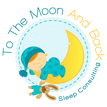
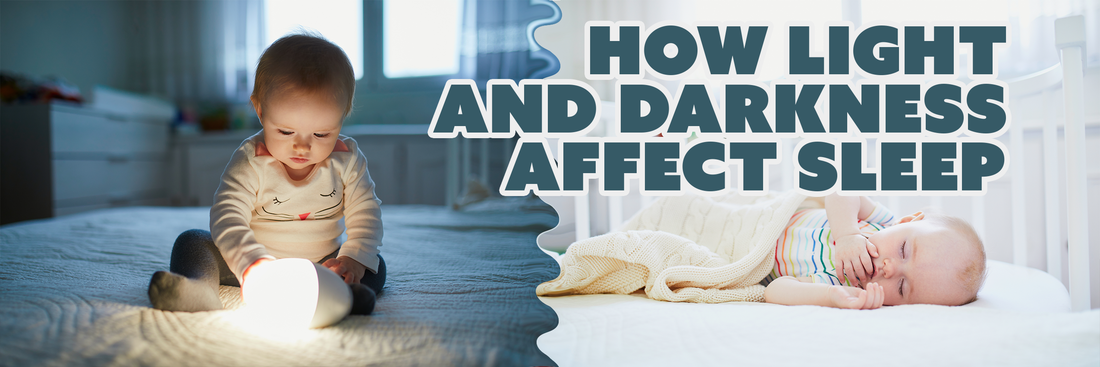
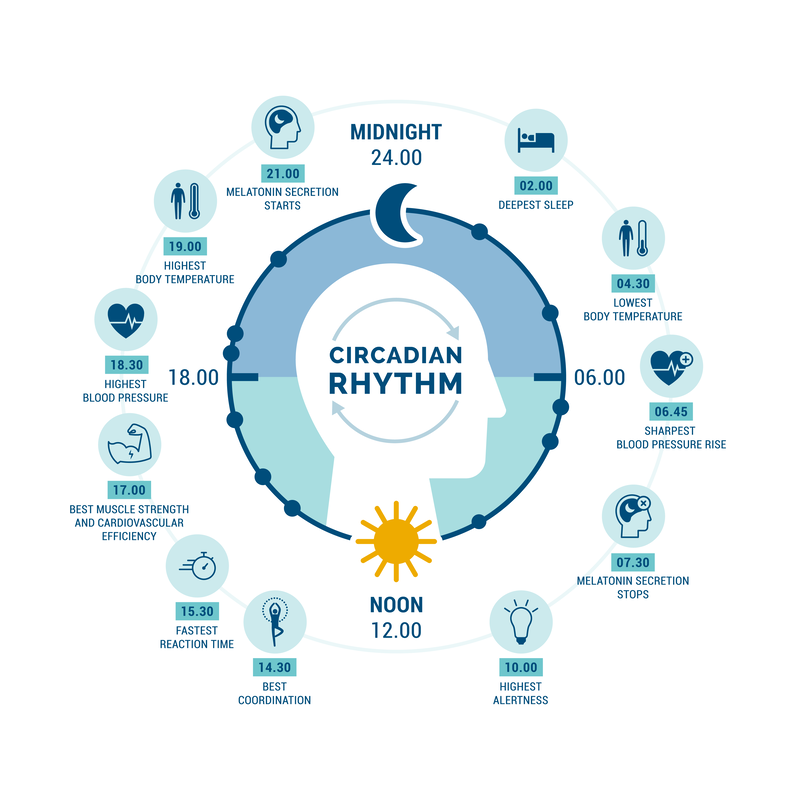
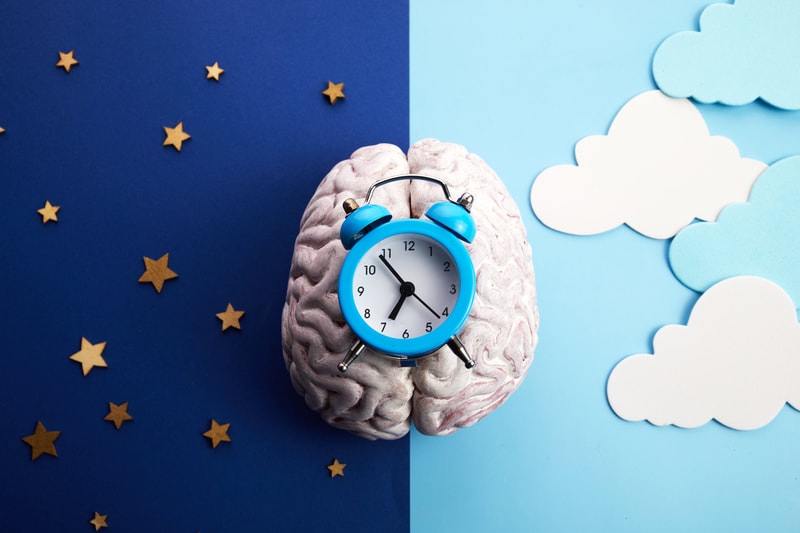
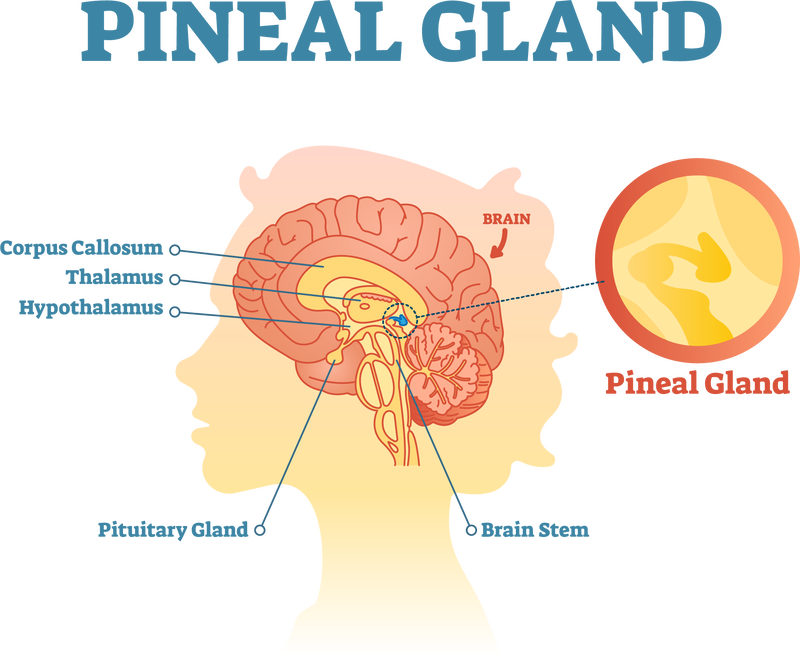
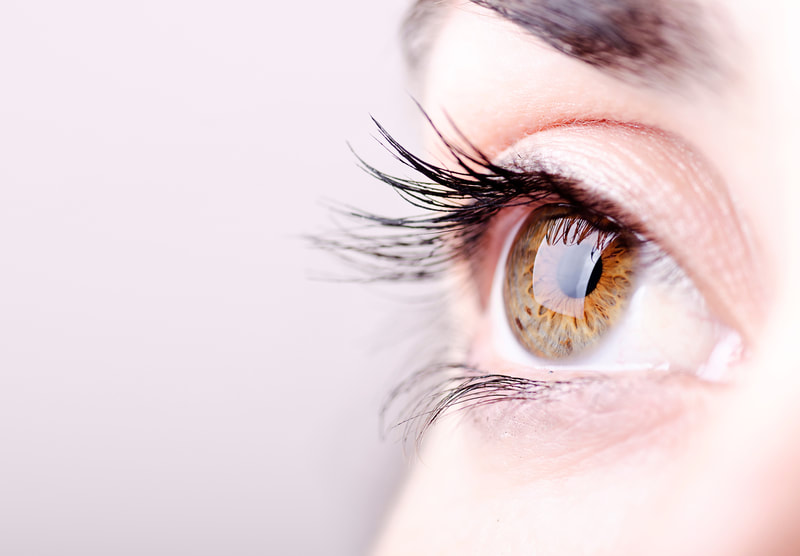
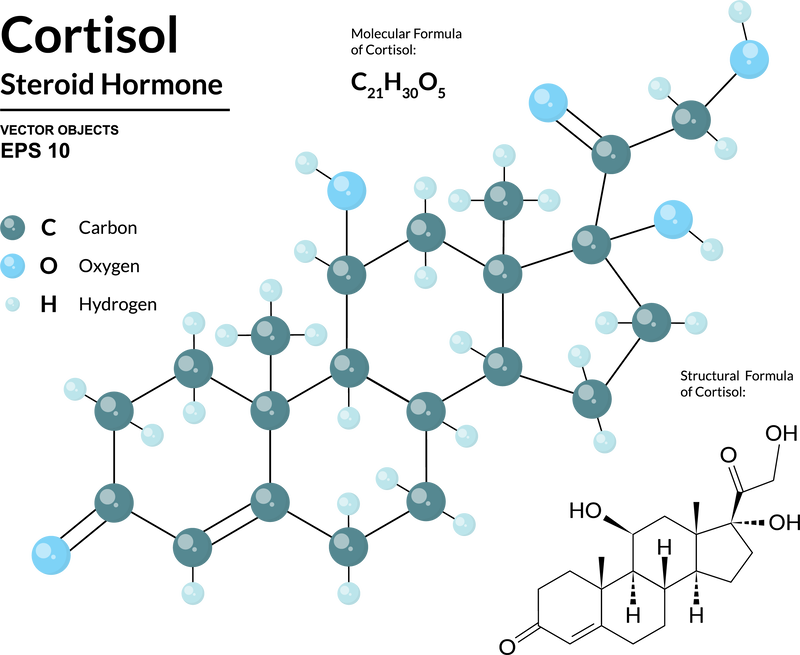
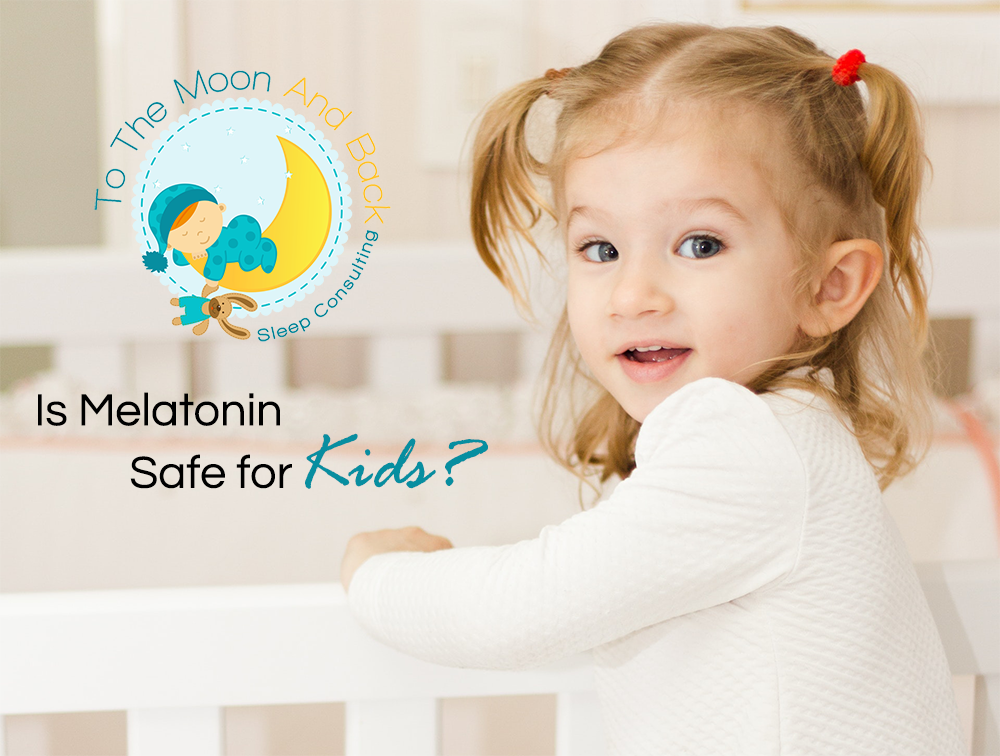
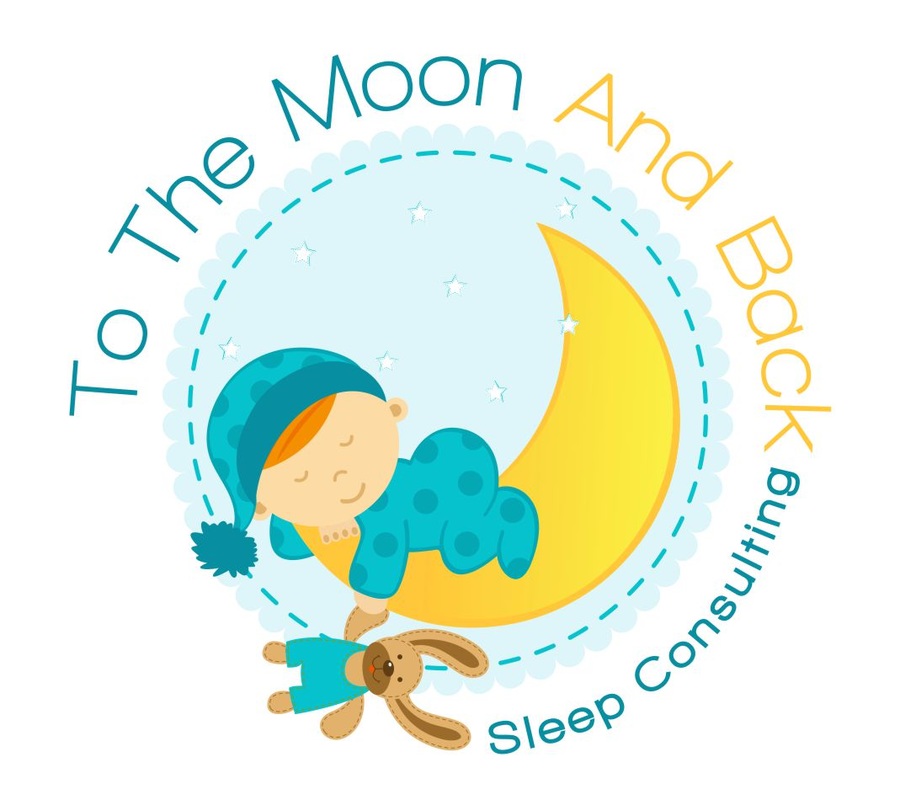
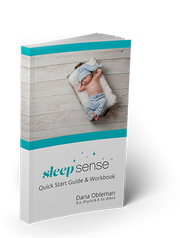
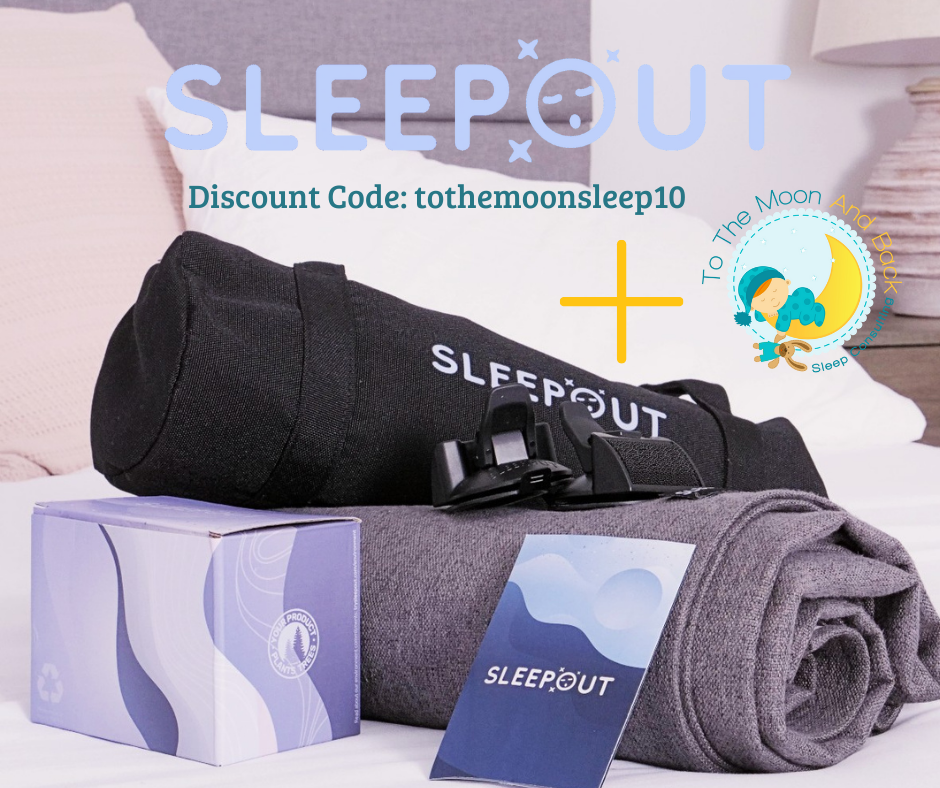


 RSS Feed
RSS Feed
